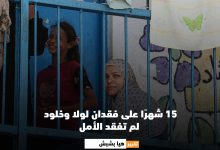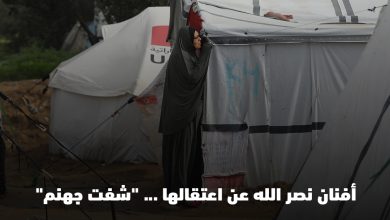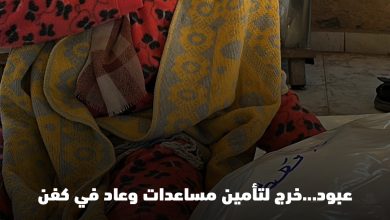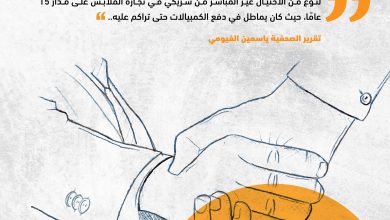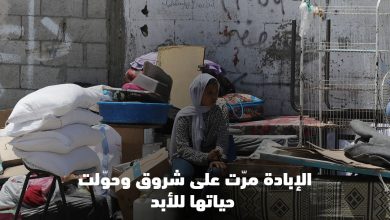Hair cut has become a dream for Razan

Gaza-CMC-Sabah Hamada
On the bleachers of a university building, she was sitting with her friends, darting in the matters of their studies; and once her eyes were signed by the two illustrious structures, she greeted us and invited us to join them, and her friends began to sing among themselves, so I interrupted them with a spontaneous laugh and she tells them, “I will interview and then I’ll be back for you”.
Razan is the middle daughter of a seven-member family living in Tal al-Hawa area west of Gaza City.
I began by telling the details of her story: “It will be surprising to hear my tale, but I am thirsty for the time when I will be able to cut my hair for the first time in my life, like a sparrow waiting to open the cage door to shave away the fragrant of freedom”.
Twenty years and the scissors did not touch the hair of Razan even for once, her father categorically refuses to cut even a small part of it, arguing the pessimism of hair cut according to herزherfamily living in Tal al-Alee.
A series of pictures of various poetry stories kept in her mobile phone, looking at them with pain, and following her conversation, “some may underestimate my wish to cut my hair, but the feeling of being deprived of making the simplest personal decisions in your life makes you helpless”.
Before he stopped his three daughters from cutting their hair, Razan’s father applied this decision to their mother since his marriage.
Article 19 of the Universal Declaration of Human Rights states that everyone has the right to freedom of opinion and expression, and this right includes freedom to hold opinions without interference.
“My elder sister managed to fulfill her wish by cutting her hair after she got married, but she had a period of bickering with my father, not a short time since her hair was short, and she being mad”.
If she is very close to her, she wishes to have the opportunity to cut her hair in different styles in order to satisfy her desire to do so, but she is concerned that she is connected to a person with the same character as her father to continue suffering.
With a broad smile highlighting the contours of her right cheek, she says: “If I get married and I can cut my hair, I will strive not to let my father notice it for fear of his anger and his wrath as he did with my sister”.
The intersection of the talk her friend provoked her with the words “the girl’s adornment her hair” to be replied by Razan angrily “I’m tired of hearing that phrase inside the house, not long hair is the one who decorates the girl, her good mind, and allowing her to make her personal decisions freely is her true adornment.
We asked about her other personal decisions in her life, so let’s say, “If I can’t cut my hair, so what do you think about other issues, only the opinion and voice of my father can be heard inside our house”.
With a long sigh, Razan recalls her many discussions with her father about why she was not allowed to cut her hair, as she did not hear from him except that he was pessimistic about the girl’s cut to her hair, considering his answer is just an unconvincing argument for her until the moment.
With a shy smile she continues to say, “I bought a wig, hidden from my father, just to satisfy some of my curiosity about how I would be in short hair”.
Razan, the owner of the olive skin, admits that she never dared to wear a wig–a poem made and wandered inside their home, fearing to meet her with his father, just wearing it inside her room, and enjoying looking at herself in front of her mirror alone.
Razan hopes to achieve her simple dream one day, and she has the opportunity to make her own decisions, wondering when will the time when all human rights will turn from ink on paper to deeds on the ground?!
This story was released within the project “young women advocate their rights as human rights” @ 2018


